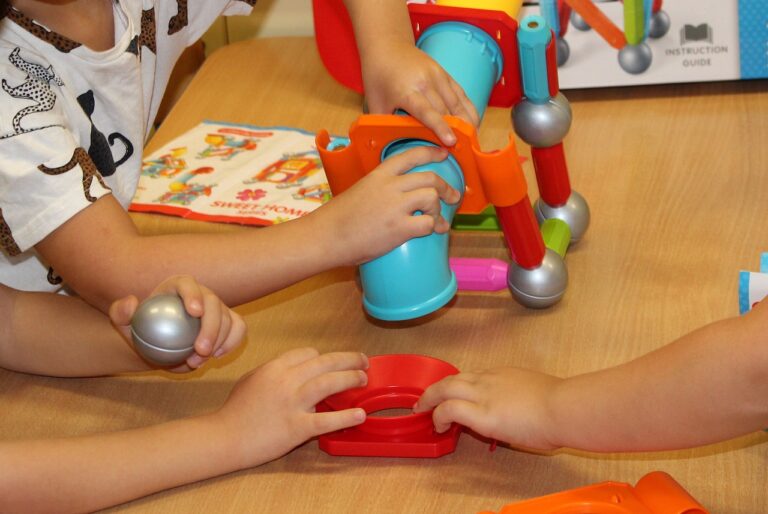Exploring the Role of Parental Involvement in Early Childhood Education
Parental involvement in early childhood education plays a crucial role in shaping a child’s educational journey. When parents actively participate in their child’s learning process, it fosters a sense of collaboration between home and school. This partnership creates a supportive environment for the child, enhancing their overall learning experience.
Furthermore, parental involvement has been linked to improved academic performance, social skills, and cognitive development in young children. By showing interest in their child’s education, parents convey the message that learning is important and valued. This encouragement boosts the child’s confidence and motivation to excel academically, setting a solid foundation for future success.
Benefits of Parental Involvement in Early Childhood Education
Parental involvement in early childhood education has numerous benefits that can greatly impact a child’s development. When parents are actively engaged in their child’s learning process, it creates a strong foundation for future academic success. By participating in activities such as reading with their child, attending parent-teacher meetings, and being involved in school events, parents show their support for education and help to foster a positive attitude towards learning in their children.
Moreover, parental involvement in early childhood education can help improve a child’s social and emotional skills. When parents are actively involved in their child’s education, it strengthens the bond between parent and child, leading to increased feelings of security and self-worth in the child. This sense of connectedness can also help children develop better communication and problem-solving skills, as they learn to interact with others and navigate social situations with the support and guidance of their parents.
Why is parental involvement important in early childhood education?
Parental involvement in early childhood education is important because it helps to support children’s learning and development, strengthens the parent-child relationship, and fosters a sense of community within the school environment.
What are the benefits of parental involvement in early childhood education?
Some benefits of parental involvement in early childhood education include improved academic performance, increased social and emotional development, better behavior management, and enhanced communication between parents and teachers.
How can parents get involved in their child’s early education?
Parents can get involved in their child’s early education by attending parent-teacher conferences, volunteering in the classroom, participating in school events and activities, and engaging in educational activities at home.
Is parental involvement really necessary for a child’s academic success?
Yes, parental involvement has been consistently linked to improved academic outcomes for children. When parents are actively engaged in their child’s education, it can have a positive impact on their academic success.
What are some simple ways parents can support their child’s early education at home?
Parents can support their child’s early education at home by reading to them regularly, engaging in educational activities like puzzles and games, providing a quiet and organized study space, and encouraging a love for learning.





